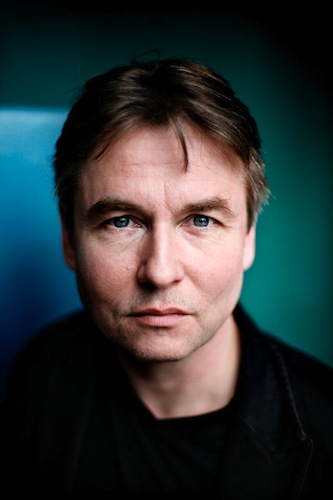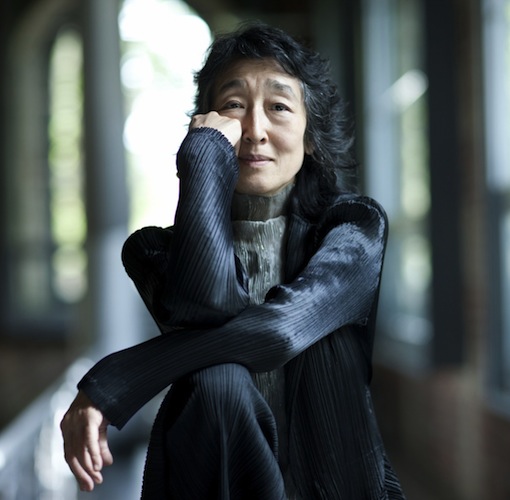Salonen and Uchida team with CSO in an evening of Bartók and Schoenberg
This week’s Chicago Symphony Orchestra program seemed to offer a visit from the shade of Pierre Boulez, pairing music by Bartók and Schoenberg, two standbys of the late French conductor’s local concerts.
Yet it was Esa-Pekka Salonen who was on the podium Thursday night for his second and final CSO week. If the concert wasn’t as memorable as last week’s Mahler Ninth, the performances carried all the polish and insight the Finnish conductor routinely brings to his local stands.
It made sense to follow up last week’s Mahler with music of Schoenberg. Though he was often baffled by Schoenberg’s music, Mahler generously supported his younger colleague’s efforts both professionally and financially.
Written in 1899 as a string sextet, Schoenberg’s Verklärte Nacht (Transfigured Night) remains his most performed work, heard Thursday in the revised version for string orchestra. Composed at age 25, this epic, narrative tone poem hails from Schoenberg’s early Romantic period–before he felt he had come to a dead end with traditional tonality and proceeded to remake 20th-century music with his 12-tone school.
The score is based upon Richard Dehmel’s poem about a woman who confesses her existing pregnancy by a stranger to her partner; he forgives her and says their love is so great that he will raise the other man’s child with her as his own.
One can only imagine the online indignation such quaint sentiments would provoke today. Yet if the melodramatic source material hasn’t aged very well, Schoenberg’s music remains glorious, rich in its themes, distinctively worked out and masterfully written for strings.
Following up on their extraordinary playing in last week’s Mahler, the CSO strings were comparably inspired Thursday night. Salonen avoided the sonic soupiness that can sometimes come with this score, clarifying textures and leading a transparent performance of surging momentum that invested key points with due bringing dramatic urgency. The playing of all the front desk musicians was, once again, beyond reproach.
Béla Bartók is not a composer one normally associates with Mitsuko Uchida. Yet with her popular winter CSO Mozart programs a thing of the past, the pianist has been exploring different repertoire in her local appearances and returned this week as soloist in Bartók’s Piano Concerto No. 3.
The Hungarian composer’s final completed work, the Third Piano Concerto leaves behind the explosive, driving virtuosity of his two previous essays in the genre for a more inward expression, one that largely suited Uchida’s intimate style.
Still, in the opening Allegretto, her legato touch felt a bit underpowered even here, her playing clean and alert but cautious where a more incisive approach was needed. Uchida was, unsurprisingly, more in synch with the central Adagio religioso, bringing a rapt, elevated eloquence to the simple, unadorned solo line. The final movement was not the most blindingly bravura rendering one will ever hear, but Uchida brought admirable power and edgy excitement to the final section.
The evening began with Brahms’ Variations on a Theme by Haydn (the theme not actually by Haydn, but never mind). Salonen led a refreshingly retro version–fleet in the quicker variations yet taking statelier tempos than one often hears these days in the slower sections, emphasizing an idiomatic Germanic weight. The finale was tensile and flowing, building inexorably to a majestic coda that avoided pomposity.
The program will be repeated at 1:30 p.m. Friday and 8 p.m. Saturday. cso.org; 312-294-3000.
Posted in Uncategorized






